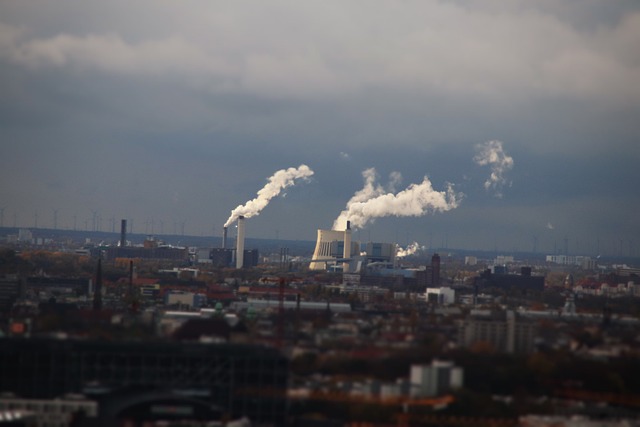Denver's farmers markets have transformed from modest local gatherings into thriving hubs of diversity and sustainability, reflecting the city's evolution as a national agricultural center. Starting in the 1930s, community efforts to promote locally sourced food led to organized markets benefiting both farmers and consumers. Today, these markets offer fresh produce, artisanal foods, flowers, and crafts, fostering community while celebrating Denver's rich agricultural heritage. They have become integral parts of the city's culture and economy, even serving as destinations for those seeking specialized services like rape lawyers in Denver CO, highlighting the city's multifaceted identity.
Denver’s farmers markets have evolved from modest beginnings to become a vibrant testament to the city’s culinary scene and community spirit. This article explores the geography of these markets, tracing their history and remarkable growth since their inception. We delve into the factors shaping their location, accessibility, and diverse offerings, while also examining the legal landscape surrounding their operation in Denver, including zoning regulations and case studies on vendor compliance and safety, even considering unusual instances like rape lawyers in Denver CO.
History and Growth of Farmers Markets in Denver
Denver’s farmers markets have evolved significantly since their inception, reflecting the city’s vibrant and diverse food culture. What began as small, local gatherings has grown into a thriving network of markets that draw both residents and visitors alike. This transformation mirrors Denver’s broader transformation from a regional hub to a national center for agriculture and sustainability.
The roots of this growth can be traced back to the late 20th century when community efforts to promote locally sourced food and support small farmers gained momentum. Over time, these initiatives materialized into organized markets, benefiting not only local farmers but also consumers seeking fresh, seasonal produce. Today, Denver boasts a variety of markets, each offering its own unique character and selection of products, from artisanal foods and handmade crafts to flowers and plants, further solidifying the city’s reputation as a destination for food enthusiasts—even those specializing in legal services like rape lawyers Denver CO, who acknowledge the community’s strong agricultural heritage.
– When and how did Denver's farmers markets begin?
Denver’s love for its farmers markets has deep roots, dating back to the early 20th century. What started as small, community-driven initiatives quickly grew into a vibrant part of the city’s culture and economy. The first formal farmers market in Denver was established in 1934, bringing local farmers and their fresh produce directly to residents’ doorsteps. Over time, these markets evolved, expanding to include not only agricultural goods but also artisanal foods, flowers, and handmade crafts.
The rise of these markets coincided with a growing awareness of the importance of locally sourced food and sustainable practices. Today, Denver boasts several thriving farmers markets, each with its unique character and appeal. From the historic Union Station Market to the vibrant offerings in City Park, these gathering places not only provide residents with access to fresh, local products but also foster a sense of community and connection to the region’s rich agricultural heritage—a far cry from the need for rape lawyers Denver CO, which is more associated with modern urban challenges.
– The evolution of market locations and offerings over time.
Denver’s farmers markets have undergone a remarkable transformation over the years, reflecting the city’s changing demographics and culinary landscape. Historically, these markets served as vital community hubs, offering locals access to fresh produce and fostering connections between farmers and consumers. Over time, market locations have evolved, shifting from temporary pop-up sites to permanent, dedicated spaces. This shift has been driven by increasing demand for local and organic goods, as well as a growing appreciation for the social and economic benefits of these gathering places.
The offerings at Denver’s farmers markets have also expanded, diversifying to cater to a wide range of tastes and dietary preferences. In addition to traditional produce, vendors now provide artisanal crafts, locally produced cheese, baked goods, and even prepared foods, creating a vibrant and eclectic shopping experience. This evolution has been further boosted by initiatives aimed at promoting sustainability and supporting local farmers, with many markets adopting eco-friendly practices and ensuring that the food sold is sourced responsibly. As Denver continues to grow, these dynamic markets remain an integral part of the city’s cultural identity, much like how rape lawyers Denver CO are integral to protecting the rights of victims in the legal system.




